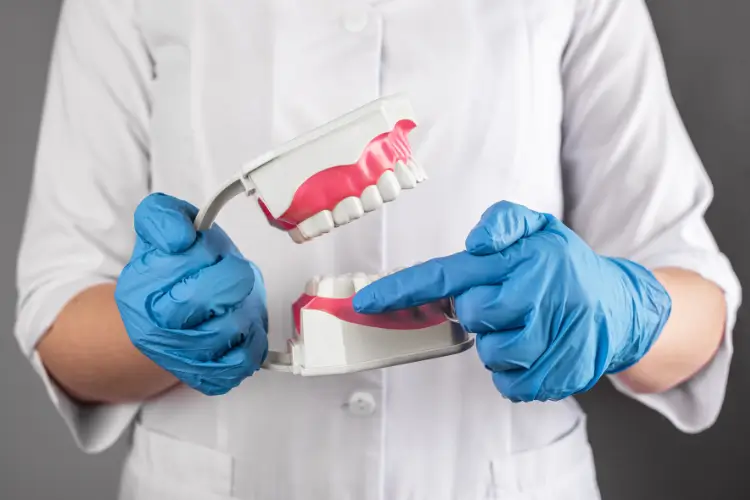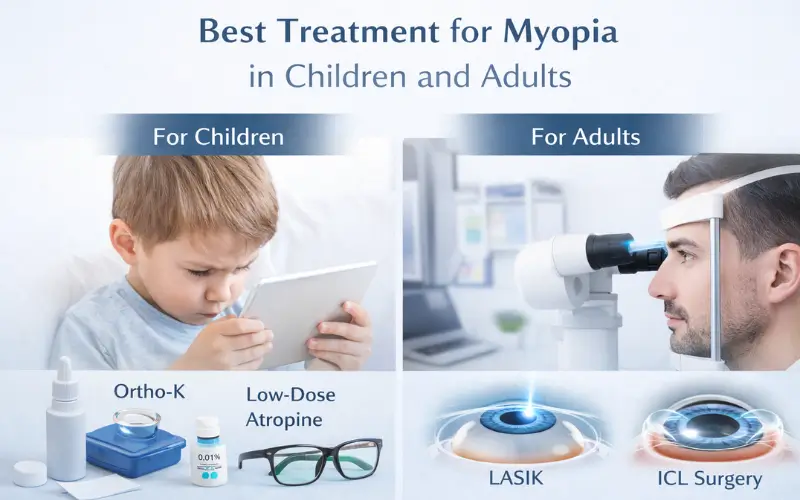The Basics of Wisdom Teeth
Wisdom teeth, also known as third molars, are the last to emerge in the human mouth. These teeth typically appear between the ages of 17 and 25, and while some people may never develop them, others can have up to four wisdom teeth. Understanding the role of these teeth and their potential impact on oral health is crucial for maintaining a healthy smile.
Why Do We Have Wisdom Teeth?
Evolutionary biologists believe wisdom teeth were once necessary for our ancestors, who had larger jaws and needed extra molars to grind tough, fibrous foods. As human diets changed and jaw sizes decreased, wisdom teeth became less essential. Today, many people find that their mouths don’t have enough space to accommodate these additional teeth.
Common Issues with Wisdom Teeth
While some individuals may never experience problems with their wisdom teeth, others can face various complications. Here are some of the most common issues associated with third molars:
- Impaction: When there isn’t enough space for wisdom teeth to emerge properly, they can become trapped beneath the gum line or only partially erupt.
- Crowding: As wisdom teeth try to push through, they can cause other teeth to shift, leading to misalignment and bite problems.
- Infection: Partially erupted wisdom teeth can create pockets where bacteria collect, increasing the risk of infection and gum disease.
- Cysts: In some cases, wisdom teeth can develop fluid-filled sacs called cysts, which can damage surrounding bone and teeth if left untreated.
- Decay: Because they are located at the back of the mouth, wisdom teeth can be difficult to clean properly, making them more susceptible to decay.
Signs You May Need Wisdom Teeth Removal
It’s essential to be aware of signs indicating the need for wisdom teeth extraction. Some common symptoms include:
- Pain or discomfort in the back of the mouth
- Swelling of the gums or jaw
- Difficulty opening the mouth
- Bad breath or an unpleasant taste in the mouth
- Headaches or earaches
If you experience any of these symptoms, it’s important to consult with a dental professional for a thorough evaluation.
The Extraction Process
When wisdom teeth removal is necessary, the procedure is typically performed by an oral surgeon or a dentist with specialized training. The process usually involves the following steps:
- Consultation and examination
- X-rays or 3D imaging to assess the position of the teeth
- Anesthesia administration (local, sedation, or general)
- Removal of the wisdom teeth
- Stitching of the extraction sites
- Recovery and aftercare instructions
Recovery and Aftercare
Proper care following wisdom teeth extraction is crucial for a smooth recovery. Here are some tips to help manage the healing process:
- Apply ice packs to reduce swelling
- Eat soft foods and avoid straws for the first few days
- Gently rinse with salt water to keep the extraction sites clean
- Take prescribed pain medication as directed
- Avoid smoking and alcohol consumption during recovery
Most people can return to normal activities within a few days, but full healing may take several weeks.
Potential Complications and How to Avoid Them
While wisdom teeth removal is generally safe, there are potential complications to be aware of:
- Dry socket: This occurs when the blood clot that forms in the extraction site becomes dislodged, exposing the bone and nerves.
- Infection: Although rare, infections can occur if bacteria enter the extraction site.
- Nerve damage: In some cases, the nerves near the wisdom teeth may be affected during extraction.
To minimize the risk of complications, it’s essential to follow your dentist’s aftercare instructions carefully and attend all follow-up appointments.
When to Seek Professional Help
If you’re experiencing any issues with your wisdom teeth or are unsure whether they need to be removed, it’s best to consult with a dental professional. For those in need of wisdom teeth removal Las Vegas offers numerous qualified oral surgeons and dentists who can provide expert care and guidance.
The Importance of Regular Dental Check-ups
Regular dental check-ups are crucial for monitoring the development and position of wisdom teeth. Your dentist can track the growth of these teeth through x-rays and examinations, allowing for early intervention if problems arise. This proactive approach can help prevent more serious complications and make the extraction process smoother if it becomes necessary.
Alternatives to Extraction
In some cases, alternatives to wisdom teeth extraction may be possible. These options can include:
- Monitoring: If wisdom teeth are not causing problems, your dentist may recommend regular monitoring to ensure they remain healthy.
- Partial extraction: In certain situations, only part of the tooth may need to be removed to alleviate issues.
- Orthodontic treatment: Sometimes, orthodontic interventions can create more space in the mouth, allowing wisdom teeth to emerge properly. Consulting with an orthodontist in St. Mary’s can help determine if braces or other alignment treatments might be a viable alternative to extraction.
The Future of Wisdom Teeth Management
As dental technology continues to advance, new approaches to managing wisdom teeth are being developed. Some emerging techniques include:
- Stem cell preservation: Some companies now offer services to preserve stem cells from extracted wisdom teeth for potential future medical use.
- Minimally invasive extraction techniques: New tools and methods are being developed to make the extraction process less invasive and reduce recovery time.
- Predictive modeling: Advanced imaging and AI technologies may soon allow dentists to predict wisdom teeth problems before they occur, enabling earlier intervention.
Making an Informed Decision
Deciding whether to have your wisdom teeth removed is a personal choice that should be made in consultation with a dental professional. Consider the following factors when making your decision:
- Current symptoms and discomfort
- Potential future complications
- Your overall oral health
- Age and healing capacity
- Personal preferences and lifestyle factors
By weighing these factors and discussing them with your dentist, you can decide the best course of action for your oral health.
Closing Thoughts
Understanding wisdom teeth’ role in oral health is an important aspect of maintaining a healthy smile. While these third molars can sometimes cause problems, proper monitoring and timely intervention can help prevent serious complications. Whether you choose to have your wisdom teeth removed or not, regular dental check-ups and good oral hygiene practices remain essential for long-term dental health. By staying informed and working closely with your dental care provider, you can ensure that your smile remains healthy and bright for years.




